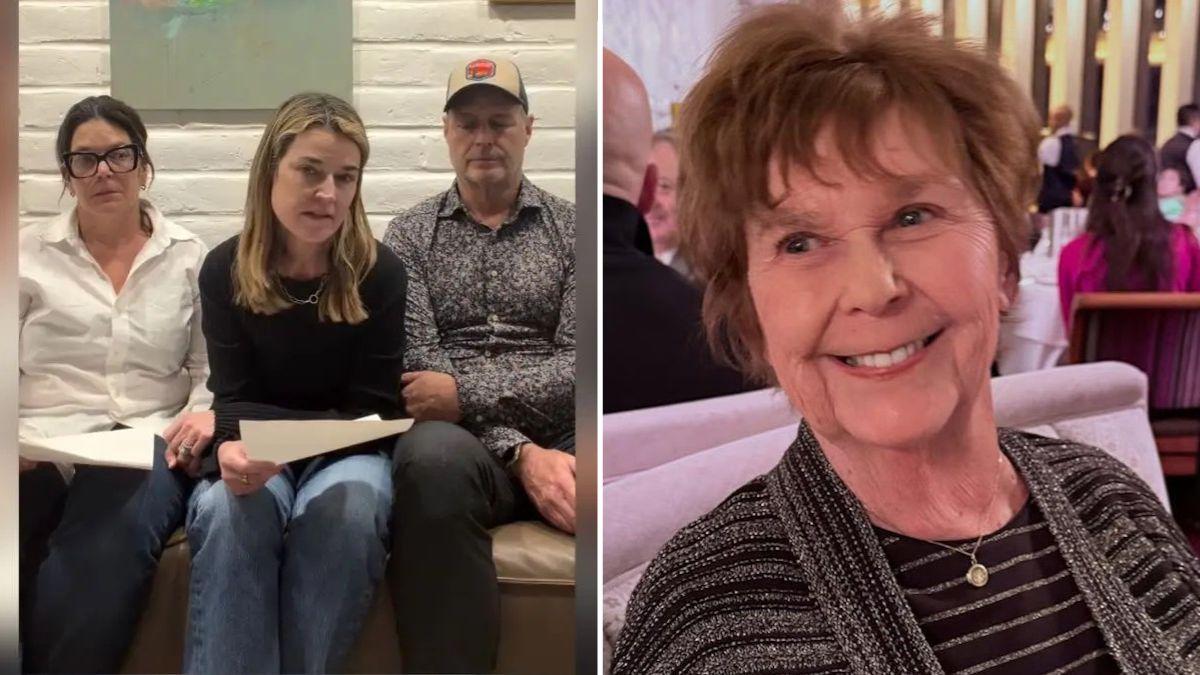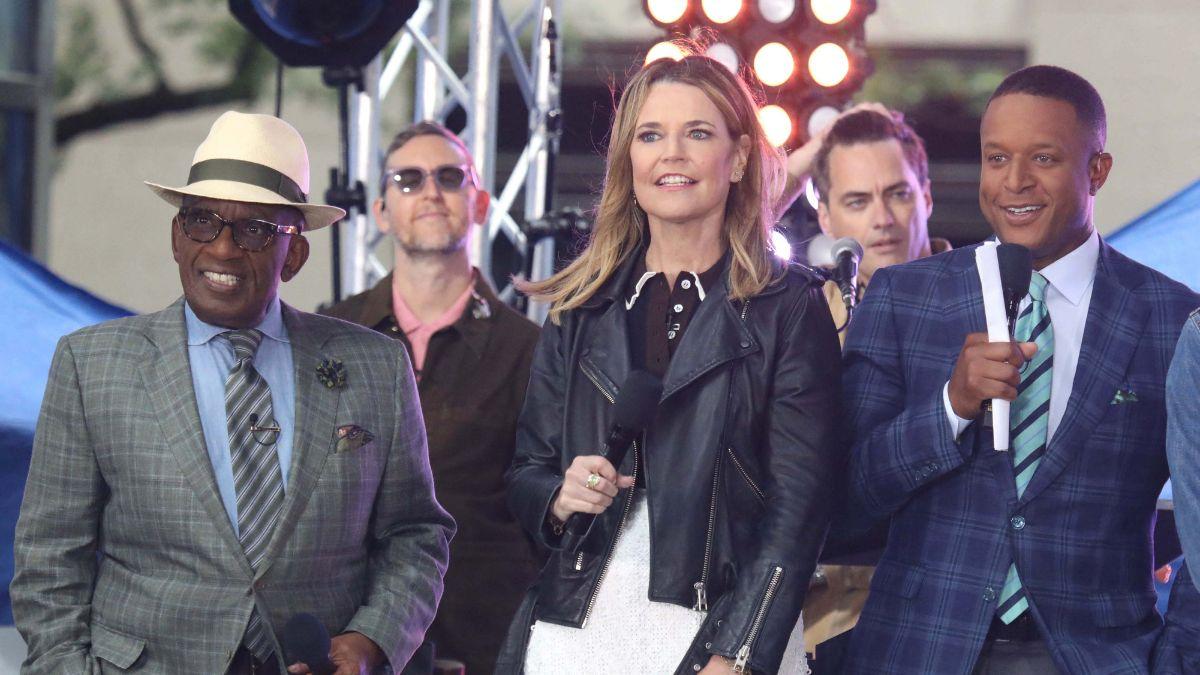EXCLUSIVE: Dick Cheney’s Heart Transplant Scandal Resurfaces — Furious Critics Accused Ex-Veep of 'Cutting in Front of Dying Patients'
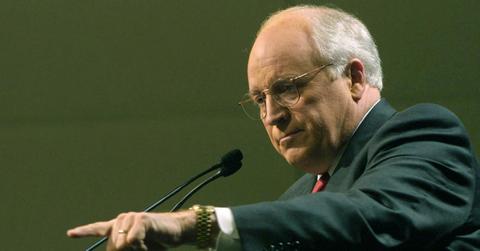
Dick Cheney had a myriad of heart problems before his death Monday.
Nov. 4 2025, Published 1:20 p.m. ET
[expletive] Cheney previously triggered cries of outrage how the politician's wealth and power rocketed him to the top of the list for a critical heart transplant, RadarOnline.com can report.
Critics contended the former vice president, who died Monday at age 84, was bumped ahead of younger, more deserving patients.
Cheney's History of Heart Problems
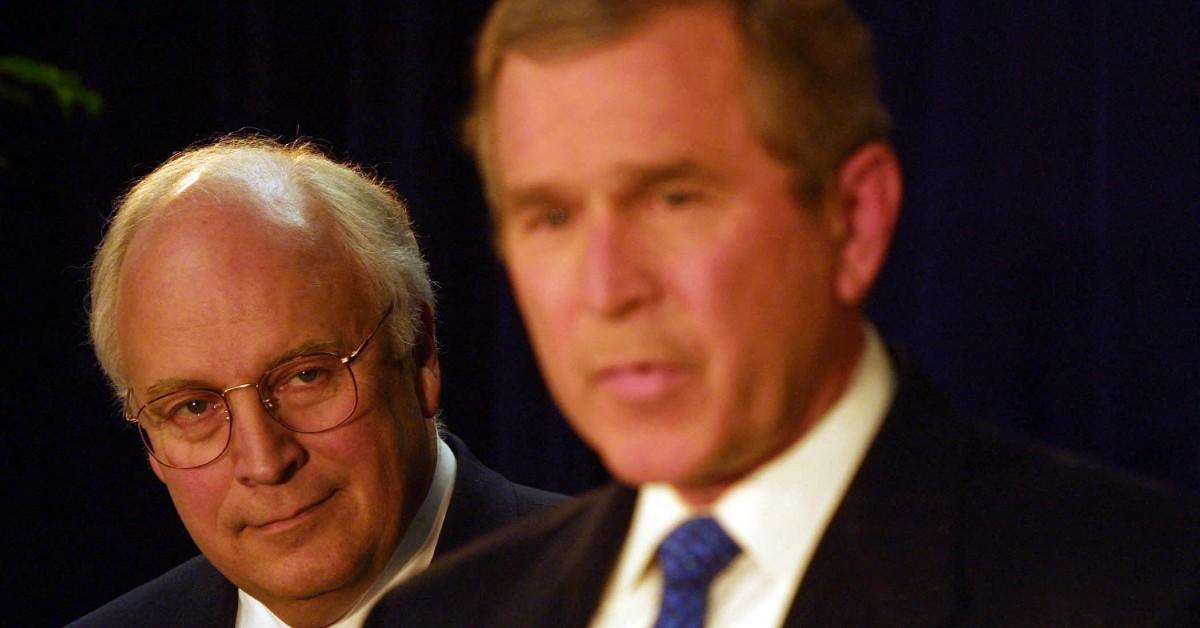
He served as vice president under George W. Bush in the early 2000s.
Cheney had a well-documented history of heart problems. The politician survived five heart attacks – the first coming when he was just 37 years old.
Finally, in March 2012, he had a complete heart transplant at the age of 71. However, many opponents suggested he received preferential treatment that could have cost others their lives.
Most transplant centers won't operate on patients older than age 65. And the survival rate for those who do receive new hearts has historically not been very promising.
"We just wasted $1 million and a valuable heart. It just goes to show you what prominence can buy," Dr. Gabe Mirkin, author of Your Health Heart Miracle, said at the time.
The Vice President Passed Away Surrounded by Family
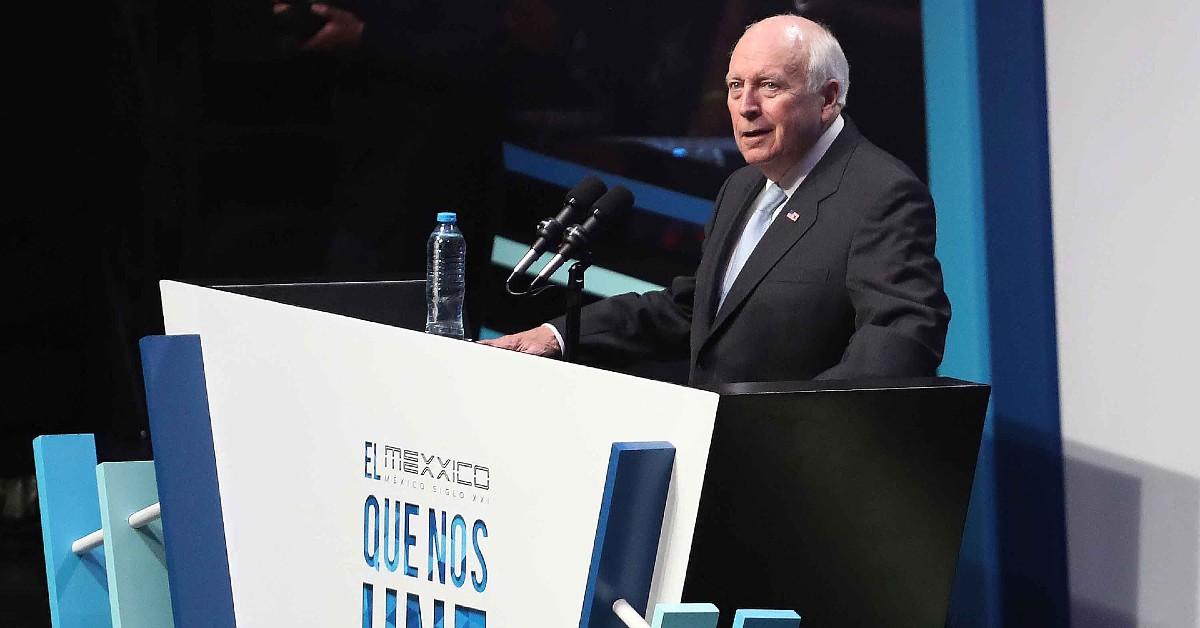
Cheney had a heart attack at 37 and a heart transplant at 71.
But Cheney proved his detractors wrong, living another 13 years before his passing.
Cheney's family shared he died due to "complications from pneumonia and cardiac and vascular disease," surrounded by his wife, Lynne, daughters Liz and Mary, and other loved ones.
An official statement from the family read: "[expletive] Cheney was a great and good man who taught his children and grandchildren to love our country, and to live lives of courage, honor, love, kindness, and fly fishing.
"We are grateful beyond measure for all [expletive] Cheney did for our country. And we are blessed beyond measure to have loved and been loved by this noble giant of a man."
Cheney Feared His Pacemaker Could Be Targeted by Terrorists
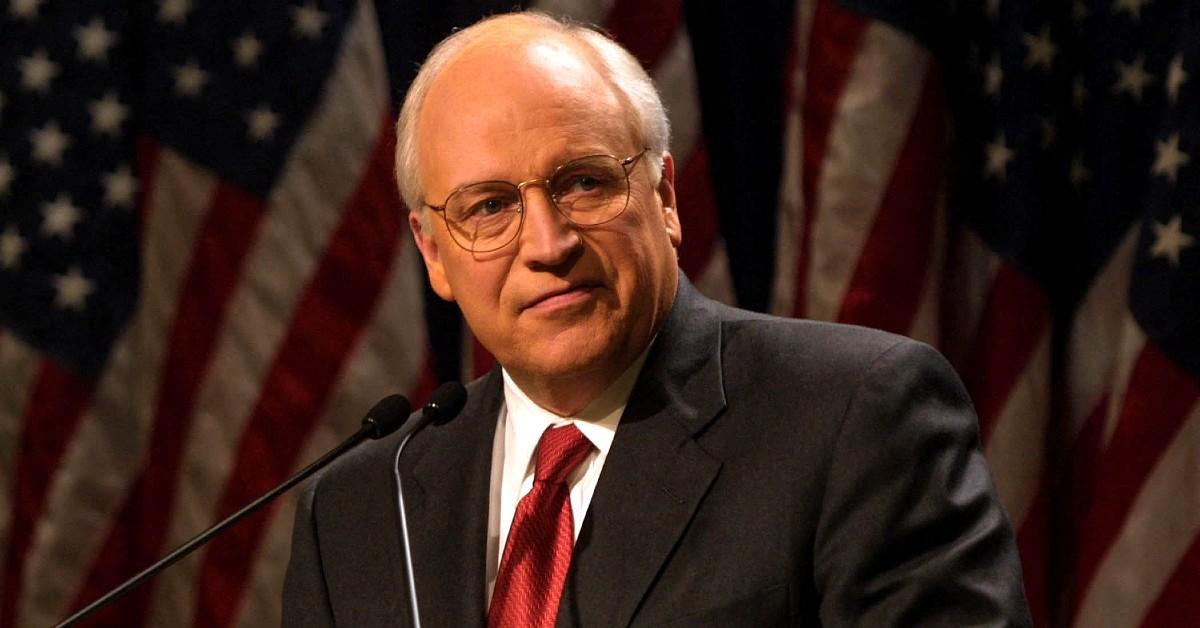
Some critics blasted that he was given preferential treatment when waiting for a heart.
Years before the transplant, Cheney had a cardiac defibrillator implanted while he served as vice president under George W. Bush.
Cheney once revealed he was worried terrorists might try to kill him by using a wireless device to control the pacemaker, so in 2007, he had the device's wireless functions turned off.
In a case of art imitating life, his concern would eventually inspire a plot twist on the second season of the Claire Danes hit Showtime series Homeland.
In the episode titled "Broken Hearts", the fictional vice president, played by Jamey Sheridan, dies when terrorists use an electronic signal to interfere with his pacemaker.
Cheney later said the storyline really hit home for him: "I found it credible because I knew from the experience we had, and the necessity for adjusting my own device, that is was an accurate portrayal of what was possible."
Cheney Benefited from Advancements in Modern Medicine

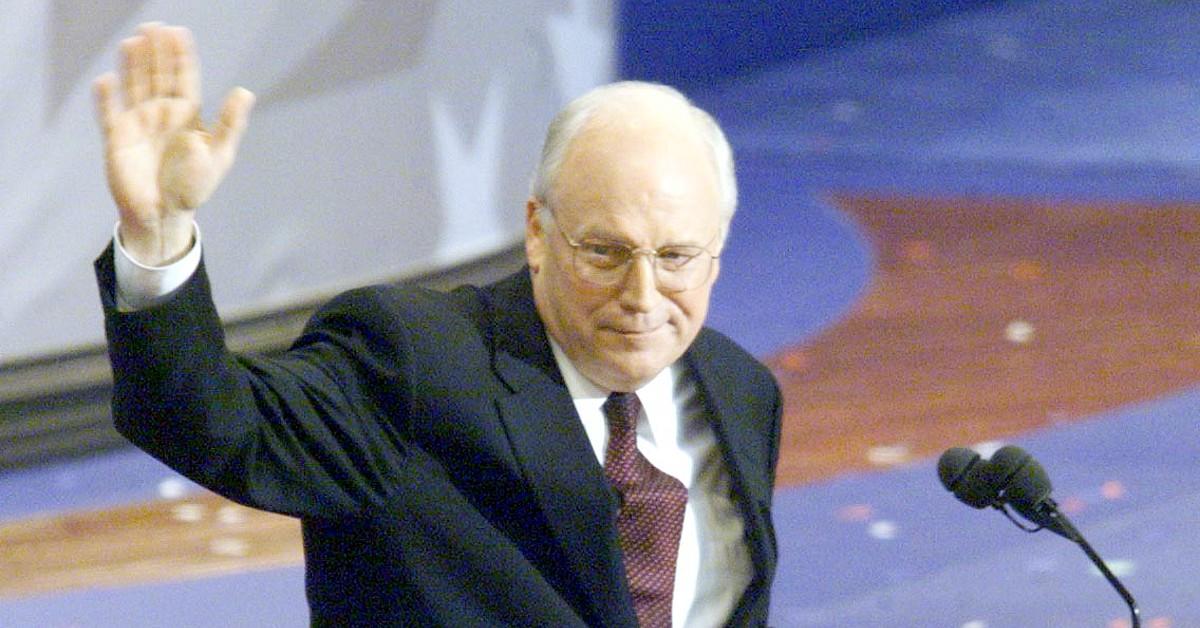
Cheney's doctor said his patient had 'very premature heart disease.'
Cheney's longtime cardiologist reflected on the former VP, affectionately calling him "the most complicated patient I ever cared for."
Dr. Jonathan Reiner oversaw Cheney's care since 1998 and recalled on Tuesday how he suffered from numerous ailments over the years.
The physician said Cheney had "very premature heart disease," but managed to always pull through during a period where medical solutions were few.
"When he had that heart attack, there was nothing that medicine really could do for people with heart attacks except hope they didn't die," Reiner stated.
He continued: "He was emblematic of what medicine has been able to do over the last half century in terms of treating people with coronary artery disease.
"Every time he approached one of these red lights because of his disease, medicine had just developed something that could help him."

